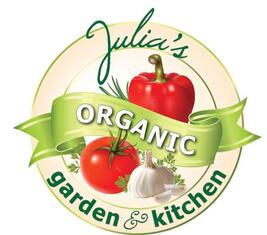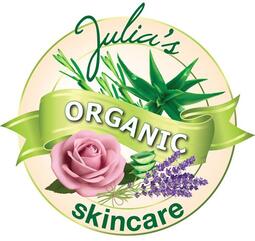|
• Roses like deep watering. Don’t sprinkle them. I usually pour 1 bucket of water every 3 – 5 days during the summer (depending on how hot it is).
• Roses like to be fed. You can buy rose fertiliser, but I noticed that roses love chicken manure the most and I apply it twice a year: in July and January together with Epsom salt, diluted in water. • Roses like mulch. They perform their best with leafy mulch (you can get it alongside the river beds), but again, based on my own experience, my favourite mulch is made from used Christmas trees. Roses love it and, besides, you are giving a second life to that tree. (If you don’t have roses and don’t want your Christmas tree to go to landfill, bring it to me, I’ll give to it a second life when I'm using it in a smoker when working with bees. Strawberries love them as mulch too). • Don’t forget to remove deadheads and prune them from time to time. • Roses prone to fungi diseases and bugs love them too; so don’t forget to occasionally apply some organic treatment. I usually just drip over water mixed with ashes, cayenne pepper and a spoon or so baby shampoo. And in the end, some beauty tips. Roses are good for your skin, especially if your skin is oily. Just add a few flowers to you ice cube https://www.youtube.com/watch?v=buhbKDTfiTE or in your face tonic https://www.youtube.com/watch?v=9ISPx29Dqzw
0 Comments
Here are the bees in the metre – box https://www.youtube.com/watch?v=esuXdAntt_I
I was asked to take them by one of my lovely customers. And here is the result – they found a new home at my place.
Calendula, also known as a pot marigold, has a lot of medical traits as it has anti – inflammatory, anti – oxidant, anti – viral properties and also a vast amount of flavonoids:
- Ok, my favourite feature is here: as a powerful antioxidant it will make your skin more radiant and even – toned and reduce the appearance of fine wrinkles. You can infuse it in a tea pot and have it as a tea or add to your ice cubes for wiping in the morning, please refer to my You – tube video: https://www.youtube.com/watch?v=buhbKDTfiTE - It recommended for ulcers, burns, cuts, rushes. - It helps with gastro, bladder and stomach problems (infections, generally). - Reported to have anti - cancer properties. - Due to a large amount of flavonoids reduce spasms and stimulate blood circulation thus lessen the crumps during the menstruation. I always add a couple of flowers to my herb tea.
Fermented foods are full of good bacteria (lactic acid - producing bacteria) that improve the gut's health, removing toxins from the body, helps to loose weight, boost your immune system, beneficial to people with diabetes, has anti - cancer properties, plus they fight harmful bacteria and is budget friendly as it easy to make at home.
Almost all cultures in the world had a varieties of fermented food in their traditional cousins (kumiss, kombucha, kwass, miso, etc.), these with the time, unfortunately, are getting lost, as we now having fridges, tins, take away food and very often we are just to busy to make it. Here is my fermented food: sauerkraut, kimchi and kwass. I enjoy fermented food every day. Here is my favourite recipe with sauerkraut: https://youtu.be/tXWPI9C0taU
Thyme is known as a remedy against a lot of respiratory problems: cough, chest congestion, bronchitis and other.
Its also boost immune system, lower blood pressure and its a powerful antioxidant. Besides, this wonderful herb contain a vast amount of vitamins: thyme is an excellent source of vitamin C (75% of the daily recommended value), vitamin A (27%), fibre (16 %), riboflavin, iron (27%), copper, and manganese (24%), 11% each in calcium and manganese, and doses of vitamin B6, folate, phosphorus, potassium, and zinc as well. That why I always add it to my herb tea. |
Archives
February 2020
Categories |
Julia Organic Copyright 2021 Website MapMyBusiness
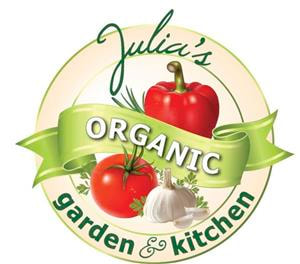

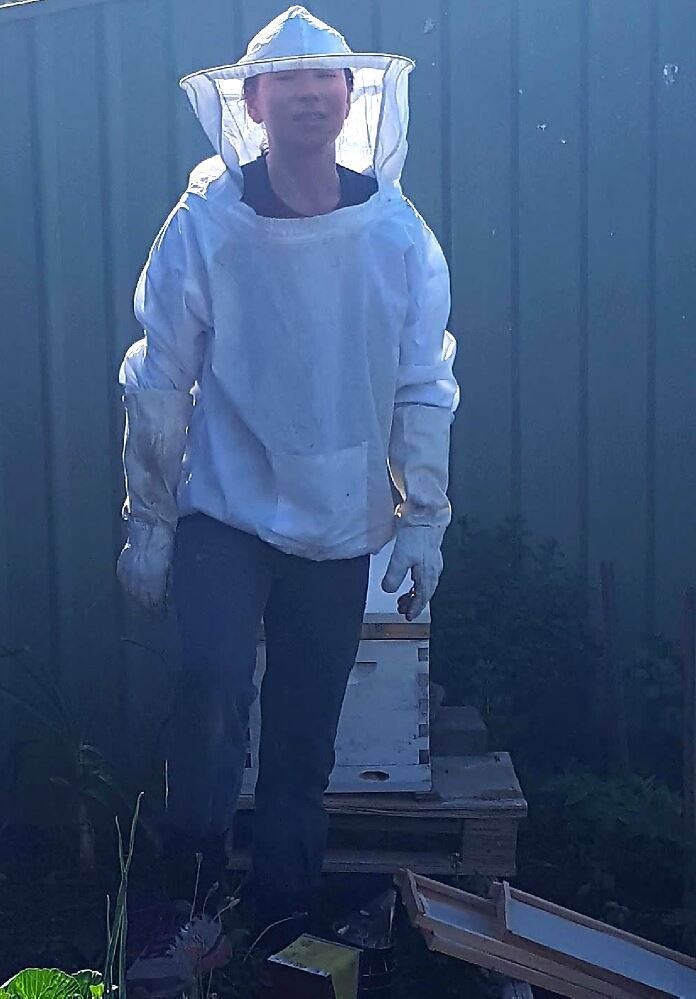
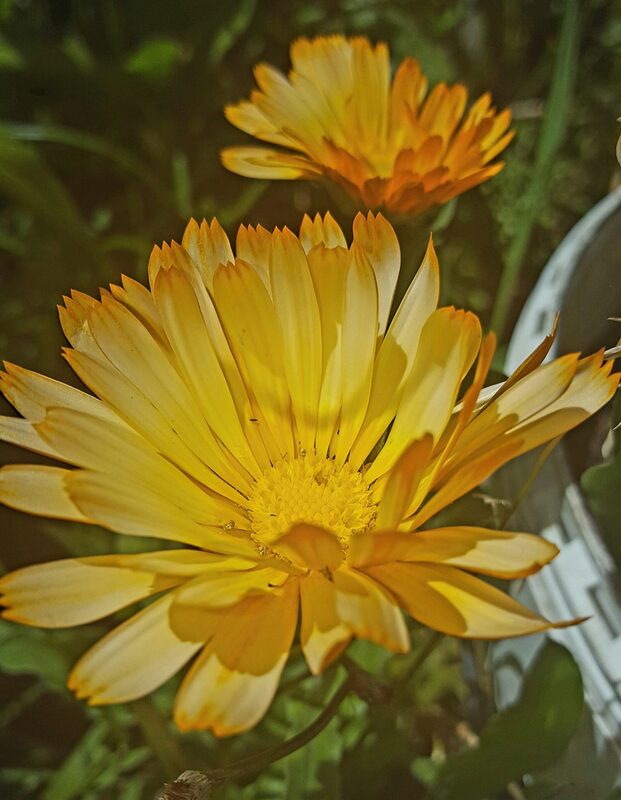

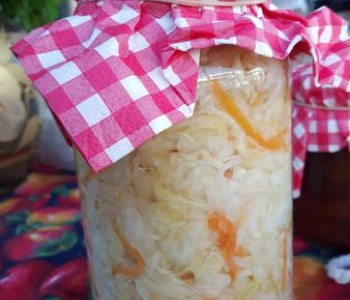
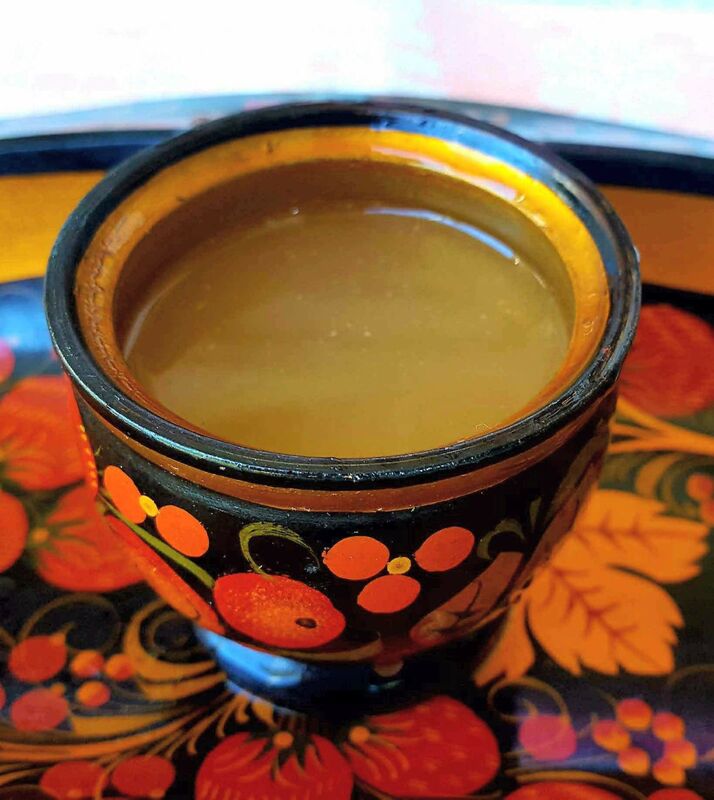
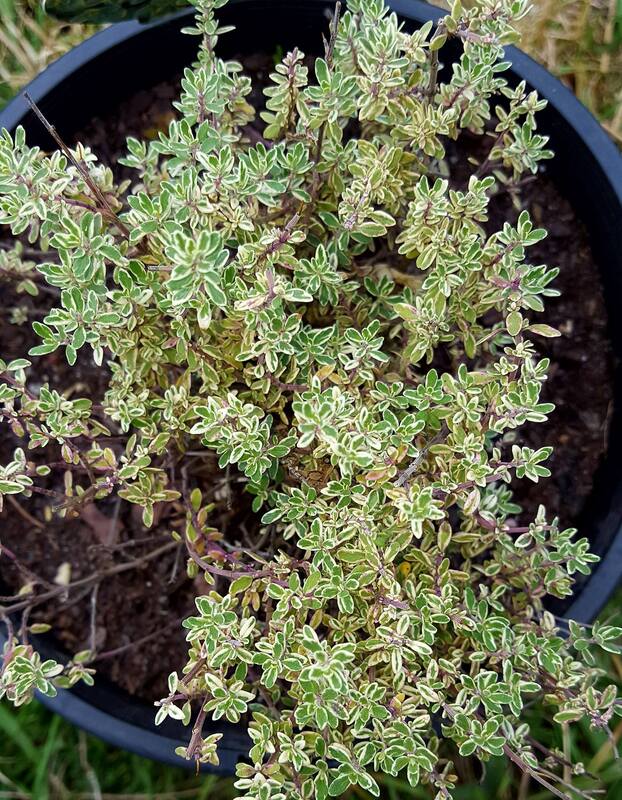
 RSS Feed
RSS Feed

